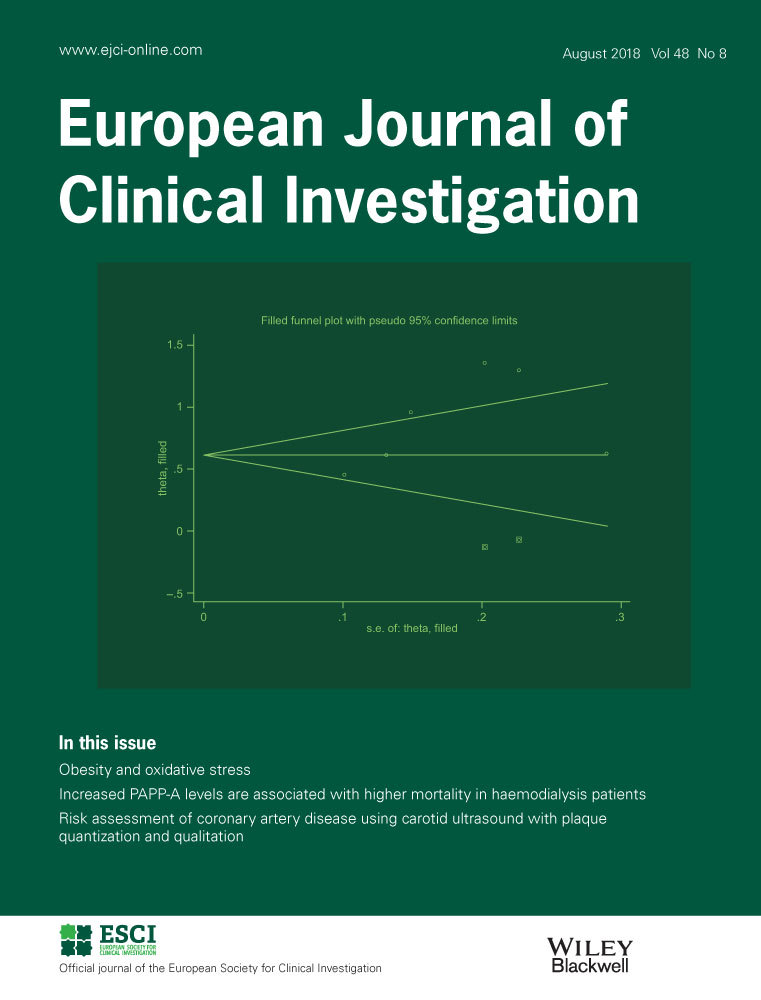A newly developed, easy-to-use prehospital drug-derived score compared with three conventional scores: A prospective multicenter study
Abstract
Introduction
The use of medications by emergency medical services (EMS) is increasing. Conventional scores are time-consuming and therefore difficult to use in an emergency setting. For early decision-making, an easy-to-use score based on the medications administered by the EMS may have prognostic value. The primary objective of this study was to develop the prehospital drug-derived score (PDDS) for 2-day mortality.
Methods
A prospective, multicenter, ambulance-based cohort study was conducted in adults with undifferentiated acute diseases treated by EMS and transferred to the emergency department. Demographic data, prehospital diagnosis data, prehospital medication and variables for the calculation of the National Early Warning Score 2 (NEWS2), Rapid Emergency Medicine Score (REMS), and Rapid Acute Physiology Score (RAPS) were collected. The PDDS was developed and validated, establishing three levels of risk of 2-day mortality. The predictive capability of each score was determined by the area under the curve of the receiver operating characteristic curve (AUROC) and compared using the Delong's test (p-value).
Results
A total of 6401 patients were included. The PDDS included age and the use of norepinephrine, analgesics, neuromuscular blocking agents, diuretics, antihypertensive agents, tranexamic acid, and bicarbonate. The AUROC of PDDS was .86 (95% CI: .816–.903) versus NEWS2 .866 (95% CI: .822–.911), p = .828; versus REMS .885 (95% CI: .845–.924), p = .311; versus RAPS .886 (95% CI: .846–.926), p = .335, respectively.
Conclusion
The newly developed easy-to-use prehospital drug-derived PDDS score has an excellent predictive value of early mortality. The PDDS score was comparable to the conventional risk scores and therefore might serve as an alternative score in the prehospital emergency setting.


 求助内容:
求助内容: 应助结果提醒方式:
应助结果提醒方式:


